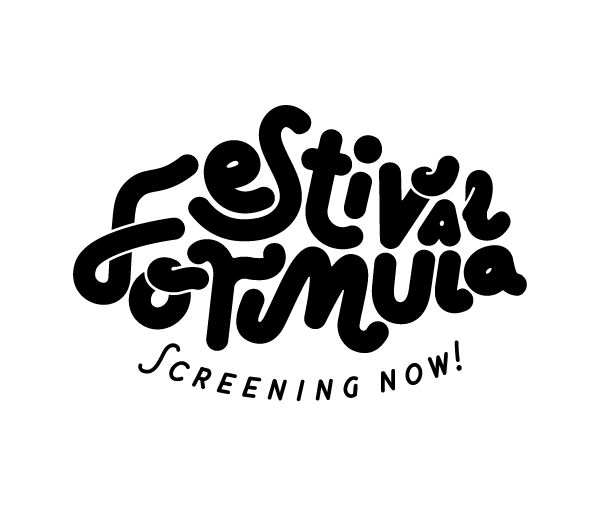A spooktacular & grusome tale of horror filmmaking
When someone utters “horror film” a vast mix of emotions evoke us. From immense disdain to utter admiration, it is arguable the most opinionated genre in the filmmaking world.
Written & interviewed by Kate Stocker-Wright
Much in the same vain as comedy, making a horror film comes with it’s challenges and rewards, and programmers are always in the tricky situation of sitting alone and figuring out how an audience is going to react to these two genres. A true skill and art in itself.
Unlike comedy, horror seems to have a much more devoted fanbase. In front of the camera as well as behind it. Below we share some of our talented slate members. Their thoughts and their creative endeavours of horror filmmaking.
Joy Wilkinson (dir. THE EVERLASTING CLUB // 2021)
For me, the most important aspect of making a horror film is tone. From script, to shoot, to edit, it’s a constant calibration, getting the right balance between creating and releasing tension. A straight drama can be more forgiving, but if a horror doesn’t work, everyone will feel it. The flipside is that when it does work, it’s one of the best genres to watch with an audience, and the horror festival circuit has some of the most innovative, inclusive programmers and the most devoted fans. It’s been a thrill to have our short welcomed all over the world.
Christopher Poole (dir. ARIA // 2020)
Night shooting on a low budget is difficult because trains don’t run all night and you have to go that extra distance to make sure crew and cast is happy, which on no money is hard. Horror usually has blood or prosthetics but you never have enough versions of the same costume or breakable prop to get as many takes as you want (on a low budget short).
Horror festival circuit has been good, I think blending two genres (horror and sci-fi for me) meant I could also go to sci-fi festivals, so that was fun.
Jessie Barrett (dir. BYE BYE BABY // 2022)
I'd say the biggest challenge of making a low budget horror film was definitely the stunts! With little time to rehearse and big risks involved when doing stunts, we had to find a way in order to make them both convincing yet safe to carry out! Unfortunately, we didn't always succeed with the stunts we were trying to create, so we ended up finding ways around this issue or removing the stunts entirely. They definitely took up a lot of time as well as energy from the actors and crew. For future reference, I will ensure that my stunts are far more well rehearsed!
I love being a part of the horror/comedy festival circuit and being able to watch films made by like-minded individuals with a deep obsession with the absurd. The festivals are always full of laughter (as well as several screams!) and they're always great for networking and making some cool friends.
Beth Park (dir. FISHWIFE // 2021)
Creating suspense is key, you may initially envisage creating a slow sense of dread, but during post it’s so hard to commit to a slower pace because the material doesn’t affect you anymore. I’d give anything to be able to experience the film with fresh eyes once I’ve watched the edit a hundred times already! Another challenge is choosing between ambiguity and exposition, over-explain the concept and it will loose its magic, too ambiguous and the audience will feel cheated of answers!
This is my first film and festival experience so many of the horror festivals are still yet to come. But the ones I’ve had so far have been great, though sadly most of them have been in other countries so I’ve only been able to attend virtually
Marco De Luca (dir. FOREVER // 2022)
For me as a director, I found the main challenge in making a horror film to be one of balance, building emotional tension, terror and ultimately, hopefully, shock. Terror is in the mood, the atmosphere. Shock comes from that moment your heart stops when it encounters evil. Having directed an indie Horror feature, I had the luck to explore and discover all of that.
The circuit for Horror films has expanded exponentially in the last decade and now critics and audiences alike are very interested in this genre. Horror has always been able to look at societal damage and problems in a more oblique fashion than straightforward drama. I feel that this is more acknowledged and accepted now on the festival circuit and that is exciting.
Festival Formula is always blessed to have an immense variety of exceptional horror films on their slate. From bodygore, absurd, and psychological. Overall the best attribute to a great horror film is how it confronts the prominent social issues of today. Without a doubt horror is, in my humble opinion, the genre that forces it’s audiences to delve into modern anguish and past horror films provide a time capsule to fears of the past.




